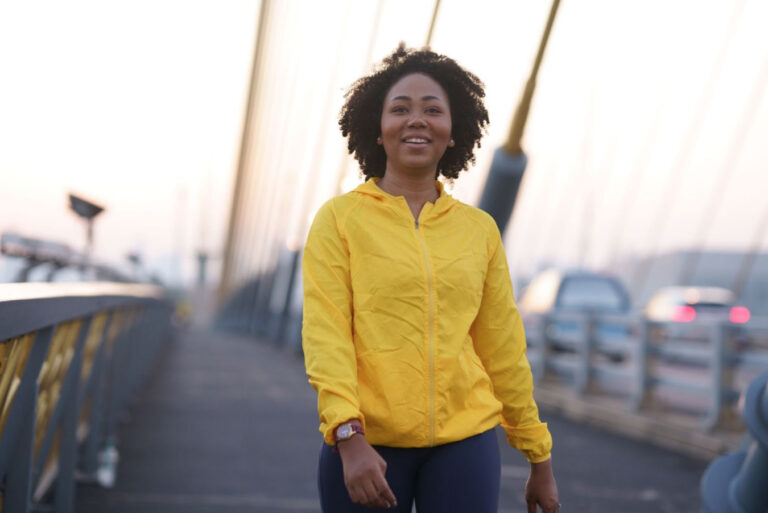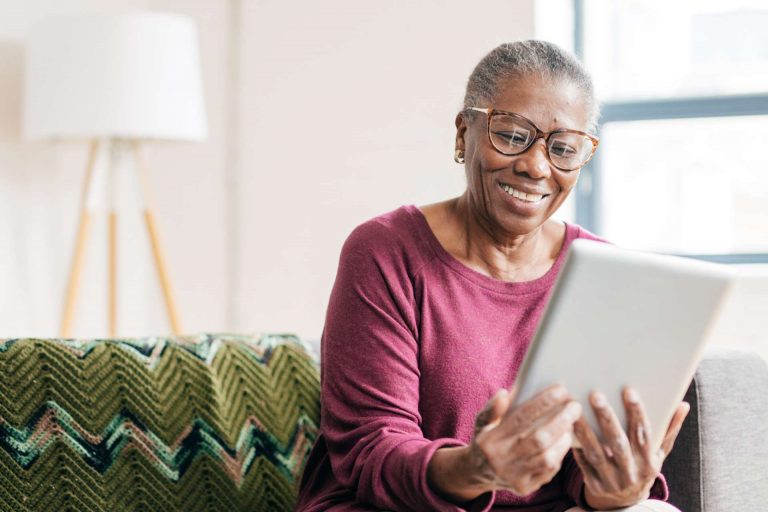Habit Making: Finding Fun
Not all things are ‘fun and games’…Or are they? Well, it depends on who you ask. One person might enjoy mountain biking down steep slopes, while another might find falling to their impending doom — i.e. bungee cord jumping — fun because of the risk involved. That isn’t to say that all fun warrants some kind of risk, because that would be further from the truth. So when we strip away the performative act involved with the idiom of ‘having fun,’ how do we instead — find it?
True fun begins with having your basic needs met. It then becomes a choice when we give ourselves permission to stop judging ourselves — giving us the ability to walk away with energy that will buoy us up long after the music has stopped, the book is finished, and the movie credits have started to roll. Finding fun doesn’t have to mean searching for it on a vacation, or within things and other people. It can be summed up as the embodiment of three things: playfulness, connection, and flow.
Playfulness
Playfulness isn’t about the act of playing as much as it is about the act of embracing freedom and lightheartedness. It means letting go of the idea that the moment has to be right or that you have to achieve something for you to play and find fun.
Connection
Finding fun involves having a connection with the activity you’re doing. Perhaps it’s a physical activity that involves other people such as swimming, basketball, or tennis. It could even be a mental activity such as reading, or writing that you do by yourself. If the connection is clear, so is your journey to establishing what fun means to you.
Flow
Flow is the last piece to finding fun, it’s the feeling you have when you’re totally immersed in your activity. Sometimes you may even lose track of time doing it. All things are fun and games depending on the framing of an individual’s own fun. In order to establish a life purpose, and to engage more with yourself and live a fulfilling life you must be willing to embrace freedom, make your connections clear, and allow yourself to flow effortlessly from one fun activity to another!





